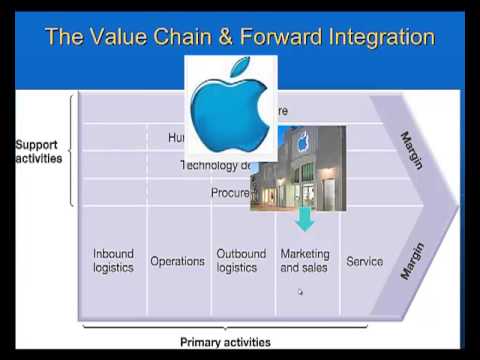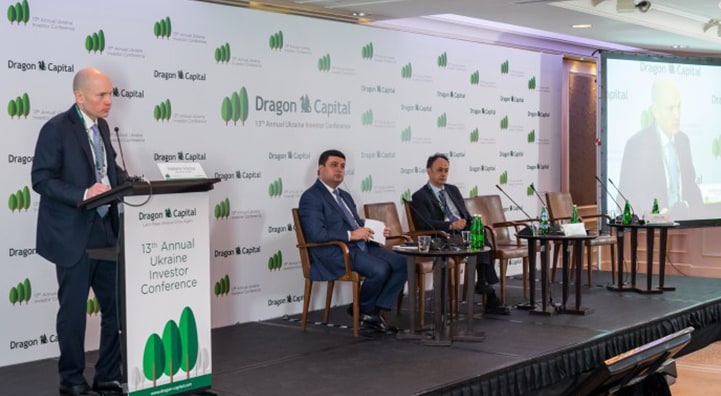
Overcapitalization is a financial situation where a company has more than enough total capital relative to the size of its activities. Shareholders find it difficult to borrow money against the security of their shares. Banks and other financial institutions for similar reasons hesitate to lend money against such securities. Even if they agree to grant loan, they insist upon the stricter terms and conditions hardly acceptable to an ordinary borrower. Overcapitalization is an economic term that refers to the phenomenon of giving to an asset a higher value than its “real” economic value.

An over-capitalised company will not be able to pay a fair rate of dividend to its shareholders because it is earning a low rate of return (earnings) on its capital. More so, the payment of dividend becomes uncertain and irregular. We can illustrate over-capitalisation with the help of an example. With the expected earnings of 15%, the capitalisation of the company should be Rs. 20 lakhs. But if the actual capitalisation of the company is Rs. 30 lakhs, it will be over-capitalised to the extent of Rs. 10 lakhs. Since the rate of interest on debentures is fixed, the equity shareholders will get lower dividend in the long-run.
What is the meaning of capitalization?
This causes the company to have short-term liquidity issues. It might also lead to a decline in a company’s working capital. This does not imply that the company’s existing working capital is drained, but rather that it is unable to support the expansion of its activities. This scenario might result in ineffective management of receivables, payables, and inventory cycles. Overtrading is defined as increasing company operations beyond existing capacity since these activities are not adequately supported.
VIETNAM BUSINESS NEWS JUNE 17/2023 – VietNamNet
VIETNAM BUSINESS NEWS JUNE 17/2023.
Posted: Sat, 17 Jun 2023 06:06:00 GMT [source]
A manual on collecting capital, by CPA David Levinson, states that one solid approach to assuring capital is to establish a line of credit, borrow against it, even if it is not needed, then pay back this loan. Doing this repeatedly causes of over capitalisation can help a business owner expand their capital when they need to increase their credit or take out a larger loan (Levinson 1998). Assets might have been acquired at low costs during necessary conditions in the market.
Effects on Workers
In effect, capital provided by other investors was channeled to the parent corporation until the subsidiary failed. These cases can be extremely difficult to prove, but the Deep Rock doctrine ensures that the parent corporation’s claims are only settled after all other claims. It may issue the minimum share capital and may meet the additional financial requirements through borrowings at lower rates of interest. Profits are high in such companies and a part of the profits are plowed back into the business directly or indirectly.
- It is a state of affair in which dividend rate is too low to sell shares at their par value.
- If the establishment of a new company or the expansion of an existing concern takes place during the boom period, it may be a victim of overcapitalization.
- However, this strategy has been challenged in courts, even for businesses that are organized as corporations or limited liability corporations.
- Lower earnings bring down the value of shares leading to over-capitalisation.
- Over-capitalized concerns, more often than not, fail to make regular payments of interest and repay principal money on stipulated date.
Consequently, the company’s earnings decline which lead to fall in market value of its shares. (i) Over-capitalisation results in reduced earnings for the company. If a company has any one of the above indicators, then the company might go to a state of over-capitalization without coming into the notice of stakeholders at the start.
Inadequate Depreciation
Certain companies do not believe in making adequate provisions for various types of reserves and distribute the entire profit in the form of dividends. Such a policy reduces the real profit of the company and the book value of the shares lags much behind its real value. This causes a high cost of the capital burden when such capital is raised through debt and even when raised through equity, it causes a fall in investor confidence if the return on equity is consistently low. Undercapitalization is a common issue for new, small and growing businesses. Underestimating the level of startup capital needed for a new business is a common mistake.
What are the symptoms of over Capitalisation?
- Lower rate of earnings and prevailing in similar companies in the same industry over a fairly long period of time.
- Lower rate of dividends over a long period of time.
- Lower market rate of shares then the book value of the shares over a long period of time.
Overcapitalization indicates that a company’s capital management practices are inefficient, putting it in a bad financial situation. The major distinction between overtrading and overcapitalization is that in overtrading, the broker or investment traders will trade more. However, as a result of overcapitalization, the corporation will invest in more debt and equity.
How Does Overcapitalization Work?
Many businesses employ it; however, it will be favored based on the risk considerations. To reduce the danger of overtrading, the broker or individual traders should use self-control techniques such as self-awareness and risk management. Overtrading can occur for a variety of reasons, with varying degrees of success. It depends on the sort of work we conduct and where we put our trading funds.

Repayment of long-term debts to reduce the interest payments may help an overcapitalized firm to relieve the problem. Acquisition of unproductive assets or buying them at inflated prices may also result in the overcapitalization of a company. In today’s competitive environment, running a business is not a simple undertaking. Overtrading and overcapitalization will be effective solutions to their problems. Over-capitalized concerns, more often than not, fail to make regular payments of interest and repay principal money on stipulated date. Under the situation creditors may demand liquidation of reorganization of company.
This would reduce the net earnings available for dividends to shareholders. Lower earnings bring down the value of shares leading to over-capitalization. Shareholders of undercapitalized public companies may receive higher dividends than an adequately capitalized company would return. The higher dividends and return ratios may inflate the share price in the short term, providing shareholders with unsustainable appreciation. However, in the medium to long term, a company that is undercapitalized and unable to fund its operations and pay its bills faces insolvency, which will cause shares to lose their value. Even if the earnings are correctly estimated but the rate of capitalisation is under-estimated, the company would be over-capitalised.
Further, such policy also restricts the benefits to tax deduct-ability on account of depreciation provision. Consequently, operating efficiency of companies suffers drastically and state of over-capitalisation develops in companies. Many companies become over-capitalized because they did not make adequate provision for depreciation, replacement or obsolescence of assets. Inadequate depreciation causes inefficiency in the company which, in turn, results in its reduced earning capacity. Despite correct estimate of earnings a company may plunge in state of over-capitalisation if higher capitalisation rate was applied to determine its total capitalisation. For example, a company’s earning was estimated at Rs. 10,000 and the industry average rate of return was fixed at 8 percent.
What are the consequences of over Capitalisation?
Consequences of Over-capitalisation on Shareholders:
Market value of shares will go down because of lower profitability. Over-capitalisation results in reduced earnings for the company. This means the shareholders will get lesser dividend. There may be no certainty of income to the shareholders in the future.
